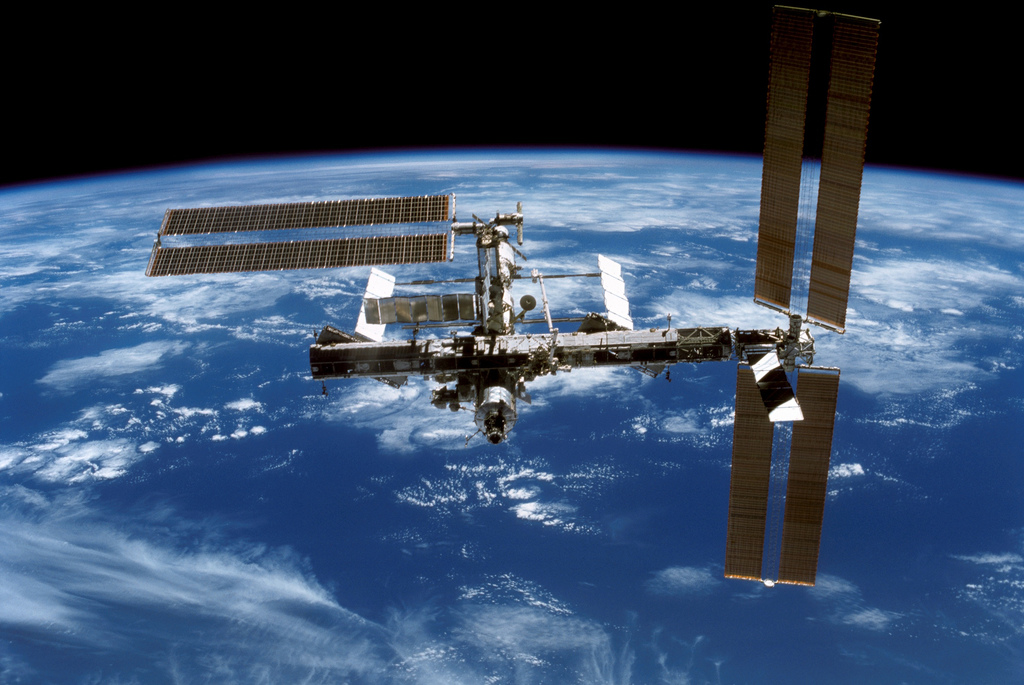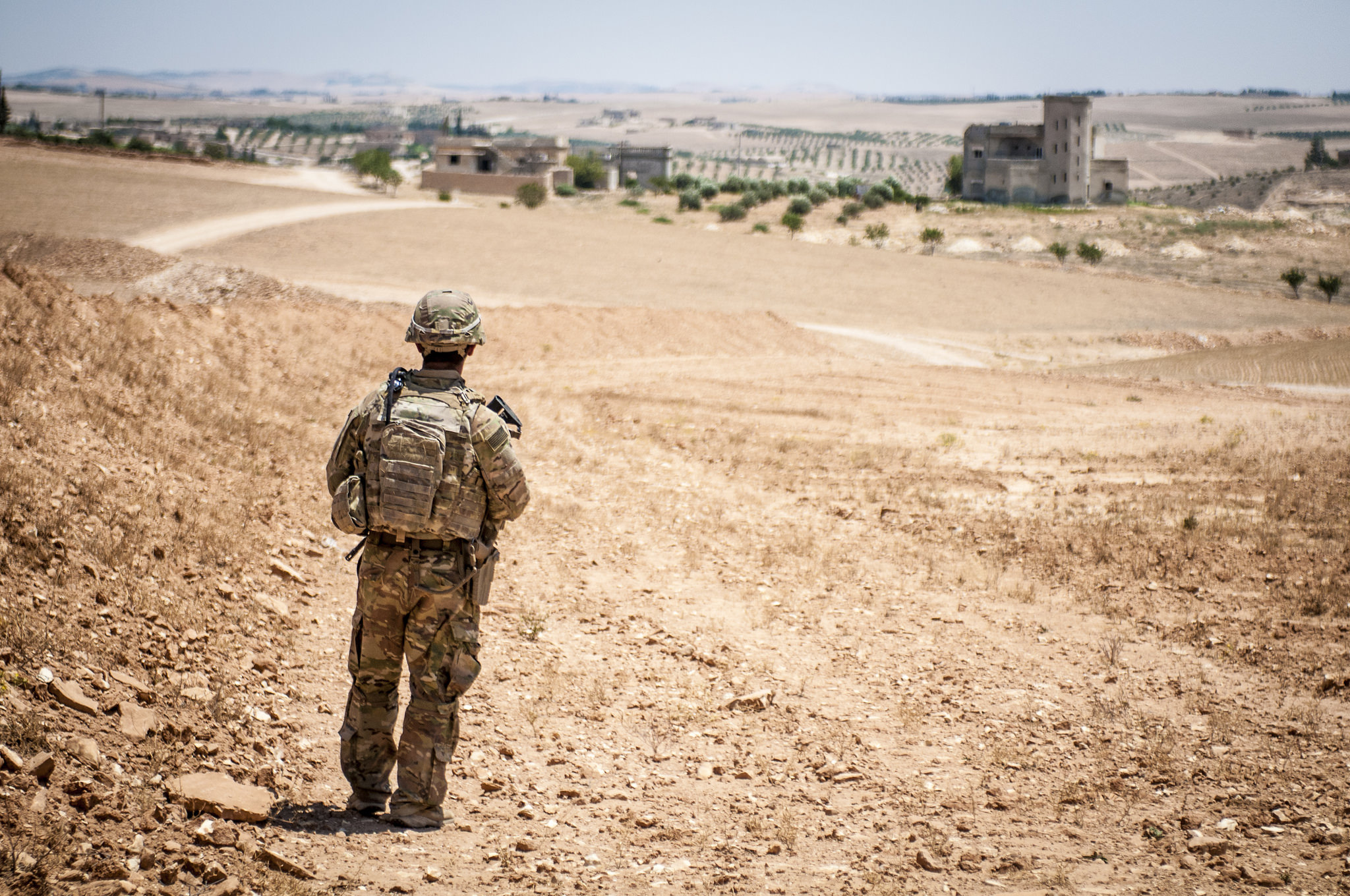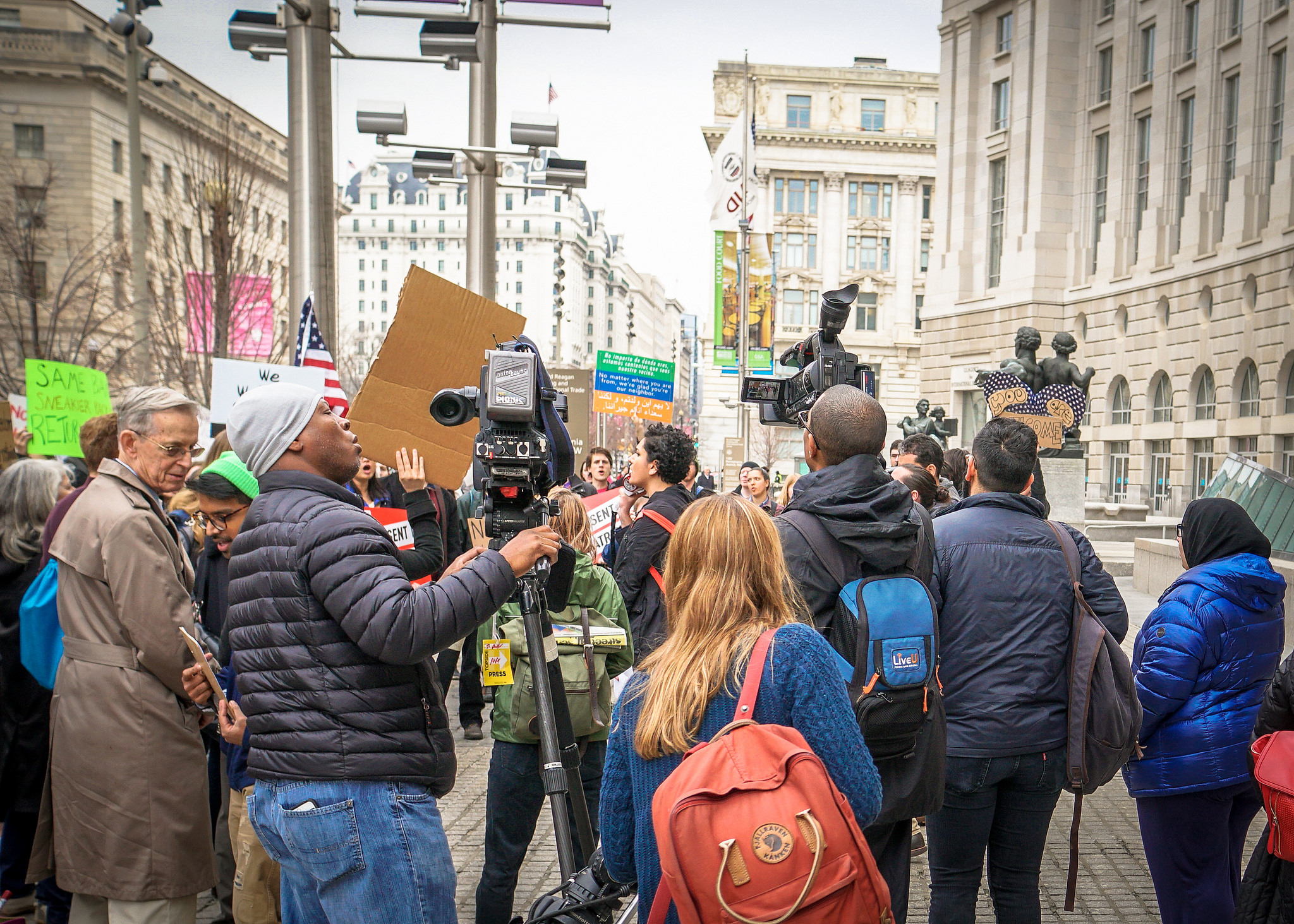Last week, NASA reported that the International Space Station (ISS) was subject to a slow pressure leak from a minuscule, two millimeter-wide hole that appeared on the inside of the space station. The crew aboard has not faced any direct danger, with European Space Agency (ESA) astronaut Alexander Gerst blocking the leak with his thumb.
American Astronaut Scott Kelly speculated on the situation via Twitter: “This leak seems to have resulted from a micrometeoroid impact. We’ve dodged a lot of bullets over the past 20 years. There’s a lot of space junk up there, a serious issue which needs to be addressed. Great job by the #ISS crew!”
However, it seems that the hole may not have been caused by a celestial impact, but by sabotage, according to a report from CNET.
CEO of Russian state space corporation Roscosmos Dmitry Rogozin said the hole in the Russian Soyuz MS-09 spacecraft connected to the ISS “was done by a human hand. There are traces of a drill sliding along the surface.”
Since the incident, astronauts on board the ISS used tape to seal the leak after a small loss of pressure, but the conditions are said not to be life-threatening.
Regardless, Rogozin asks: “What is this: a production defect or some premeditated actions?”
“There were several attempts at drilling,” Rogozin said on Monday, adding that the alleged drill appeared to have been held by a “wavering hand.”
“We are checking the Earth version,” he said, alluding to possibly defects made during test runs. “But there is another version that we do not rule out: deliberate interference in space,” Rogozin added.
A few theories behind the mysterious hole are a “psychologically disturbed astronaut” that may have done so to “force an early return home,” a production defect, or hastily fixed damage that occurred during testing at the Baikonur cosmodrome in Kazakhstan.
As for an astronaut drilling a hole while in orbit, Alexander Zheleznyakov, a former space industry engineer and author, said that drilling the hole in zero gravity would be “nearly impossible” in that part of the ISS.
Currently, there are two Russian cosmonauts, three American NASA astronauts, and a German from the ESA on board the space station. The ISS was one of the few areas that has not been affected by U.S.-Russia relations, however, something may have changed. Space agencies from the U.S., Russia, and Europe are investigating the situation further.





